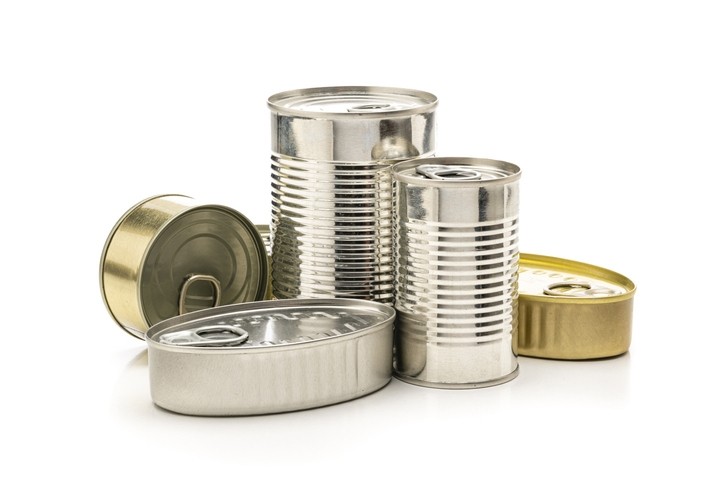News in Brief
Potential ‘marginal’ tariffs on tin mill steel from Canada, Germany ‘is not supported by market dynamics,’ industry stakeholders argue

Ahead of a final decision expected Jan. 4, more than two dozen industry stakeholders argue in a letter sent late last month that the potential imposition of new tariff on tin mill from Canada and Germany “is not supported by market dynamics” and “would degrade the role of a fair remedy process in protecting US manufacturers, while leading to higher consumer costs and the loss of thousands of good American manufacturing jobs in the can and consumer product manufacturing industries.”
The signatories, which include the Consumer Brands Association, the American Frozen Food Institute and FMI – The Food Industry Association, argue the “low preliminary duty levels on Canada and Germany should be further examined … as we believe there is substantial product differentiation and reason or subject imports apart from cost” given drawn-and-ironed and certain steel for two-piece and EZ Open cans currently can only be sourced through imports.
The letter comes months after the Commerce Department investigated allegations made by flat-rolled steel producer Cleveland-Cliffs and the United Steelworkers that tin mill – the source material or canned food packaging – from several countries was being dumped onto the US market at substantially lower prices than in their homelands.
The Commerce Department determined this summer that tin mill from China, Canada and Germany was unfairly priced and dumped in the US and should have preliminary duties of 122.5% placed on tin mill imports from China and rates of 7.02% on those from Germany and 5.29% on those from Canada.
While the letter does not mention the assessment for tin mill from China, but it argues “even marginal duty rates,” ostensibly like those assessed for Canada and Germany, “could lead to substantial impacts on domestic can and consumer product manufacturers, negatively impacting their ability to compete with foreign imports of finished cans and consumer products.”
They reason this is because “domestic tin mill steel producers currently have the capacity to supply only approximately 50% of total US demand,” and cannot provide sufficient commercial quantities of specific types and widths of steel required by US can manufacturers.
With this in mind, the letter’s authors contend “a negative injury determination is warranted due to the many non-cost reasons for subject imports, further substantiated by the already zero and/or low preliminary determination of dumping duties set in August” for tin mill products from the Republic of Korea, the Netherlands, Taiwan, Turkey and UK.
If the tariffs are instituted, CBA and other industry stakeholders, have argued based on economic impact studies that the cost of canned food and products could increase by 30% or up to 58 cents per can and upwards of 40,000 US manufacturing jobs could be lost as canned food companies look to reign in expenses.
A final decision all the countries except China is expected Jan. 4










